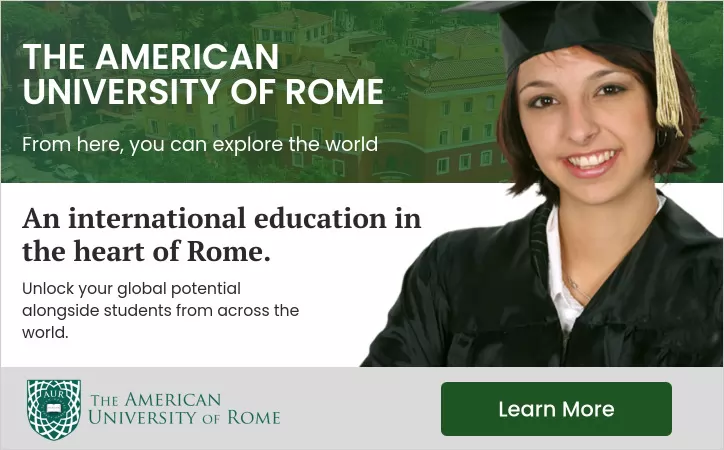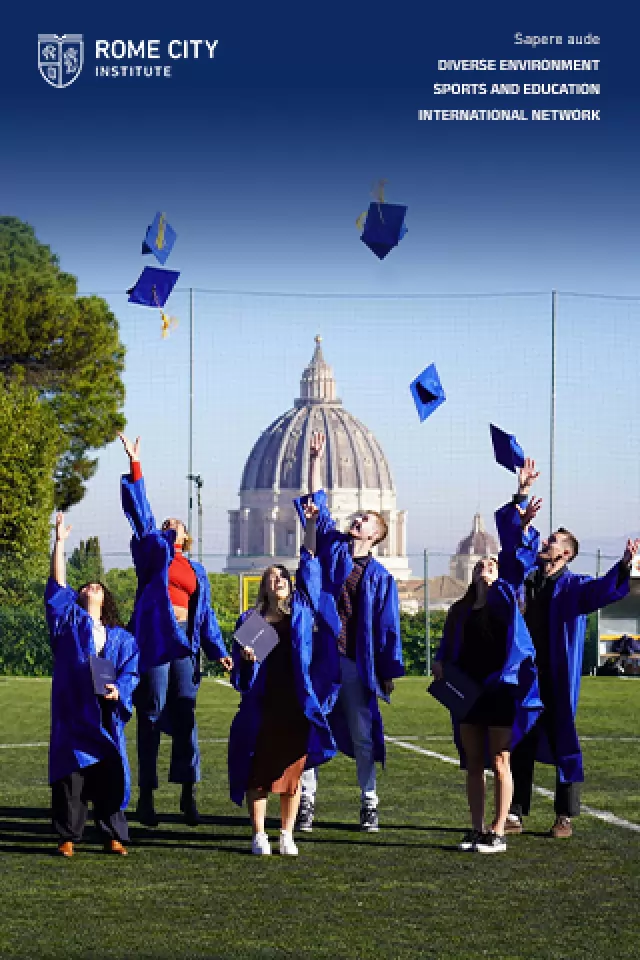Political poker, gaffes and scandals
More than in most countries, Italian politics, especially in the Berlusconi era, needs adrenaline to fuel debate; big and supposedly critical issues dominate over the everyday ones. The prime minister has made it very clear that he prefers electioneering and other high profile activities. Last year, all eyes were on Italys European Union presidency and its president, first in anticipation and then throughout the six-month term in office.
Today, foreign interest is less acute, but within the country the campaign for the European parliamentary elections is well under way, even though the vote is in June. It will clearly be a dress rehearsal for the Italian elections due in spring 2006.
The issues are there, but they are all viewed through the distorted lens of campaign politics. Last month the governing coalition went through that peculiar Italian tradition, the verifica. The leaders of the majority parties danced a series of minuets, each in turn partnering Silvio Berlusconi in order to tell him what they wanted and give him their conditions for supporting the alliance. The wish lists were a combination of government jobs and issues they want the government to deal with: pensions, devolution, job creation and so on.
The nature of the ritual is that no one has any reliable idea of the real relative strength of the parties; it is like playing poker without showing your cards. Normally everyone more or less accepts the others cards unseen. However, this time there will be elections, when the cards will be brutally uncovered and the whole world will know exactly how many votes Forza Italia, Alleanza Nazionale, the Lega Nord and the UDC (Unione dei Democratici Cristiani e Democratici di Centro) have won. So nothing actually happened in February, and accounts were left to be settled after June, probably after the summer break. Until then all but the most pressing matters will be on hold as the election agenda becomes hotter and hotter.
Berlusconi has two immediate goals. First he must show that his Casa delle Libert coalition is at least holding its own against the centre-left, which has moved one step closer to presenting a unified front under Romano Prodis leadership. Almost as important is Berlusconis second goal: he must show that he and his own Forza Italia dominate the coalition. There are fundamental contradictions in his partners aims; the AN and UDC want to keep as much power and as many civil service jobs under central government control as possible, while the Lega Nord and parts of Forza Italia want to devolve both to the regions. Hence Berlusconis recent high-profile outbursts as he tries to avoid facing the contradictions within his coalition.
Politicians, said the thrice-elected and twice prime minister Berlusconi, are good-for-nothings who have never done an honest days work in their lives. Then he added that politicians were thieves who stole from the public. When his allies started murmuring, he corrected himself saying that he just meant left-wing politicians.
However surprising this may seem coming from the head of the Italian executive, Berlusconi then went on to play a favourite tune for many, not just in Italy. To pay a third of ones income in taxes is fine, he declaimed, but when the state demands half, then evasion is morally justifiable.
Then, tax inspectors raided the first and second-division football teams, and major clubs (including Berlusconis own AC Milan) have come under scrutiny for serious offences that might force them out of the top divisions. The prime minister responded by saying that Italy was moving happily towards a police state.
As ever, Berlusconi is banking on his personal and populist appeal to reinvent his image as an anti-politics politician. If there is anything that unites almost all Italians, it is a passion for football, a contempt for politicians and a conviction that taxes are too high.
So Berlusconi should be on to a winner with his verbal flurries; instead they are a sign that he is worried about his allies and about the issues. The outlook is bleak, above all on economic matters.
The football scandals are only one of many episodes showing that Italian capitalism is very sick. Unlike the United States, which acted quickly and effectively to clean up corporate and accounting scandals, nothing here moves fast. It will take many months, maybe years, to repair the collapse of Parmalat and Cirio, and the damage will be far-reaching. Alitalias longstanding troubles have come to a head as well, and although so far there is nothing criminal involved, the years of mismanagement of Italys national airline are bad enough for a government that has to pick up the pieces.
In government, the much-trumpeted reforms move even more slowly as protests against school and pension reforms grow. Even the media reform bill, which would save the prime ministers own Rete4 television channel, has run aground in parliament.
In this vacuum of concrete measures, we can look forward to more verbal pyrotechnics before the elections.
Picture: The collapse of Cirio, formerly owned by one-time Lazio football tem manager Sergio Cragnotti, is one of the signs that Italian capitalism is sick.
















